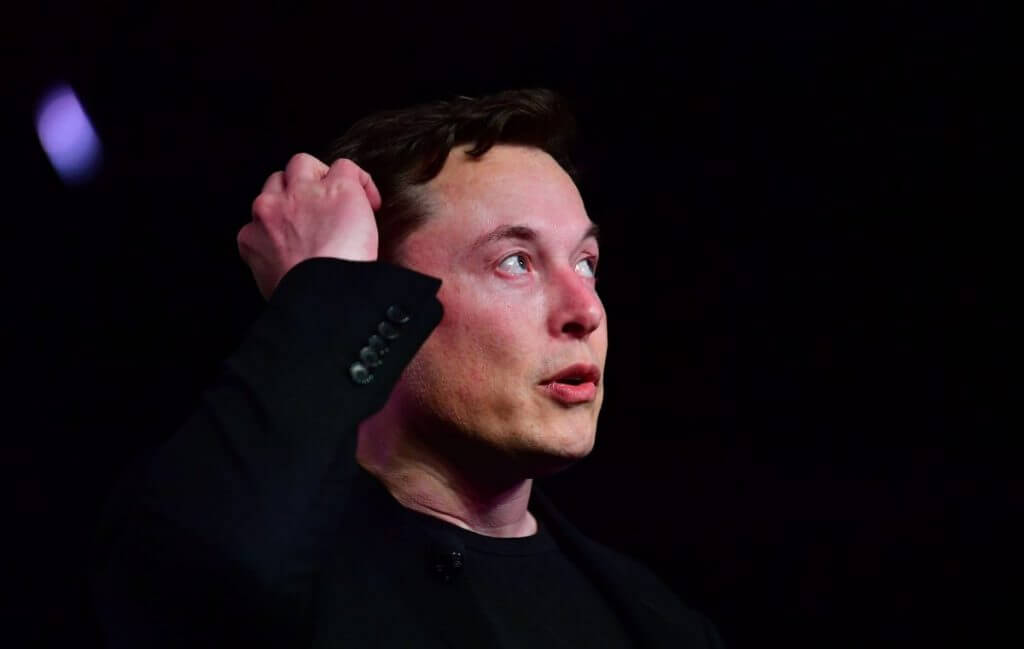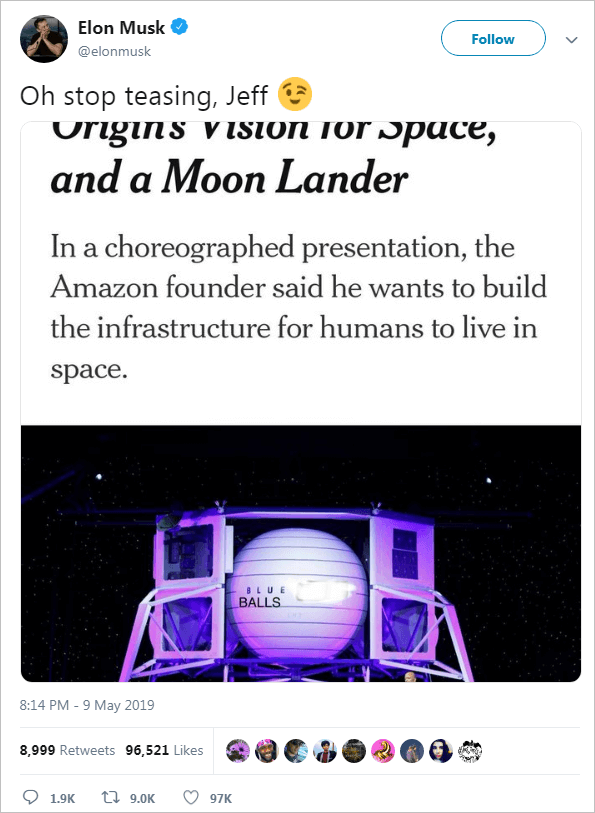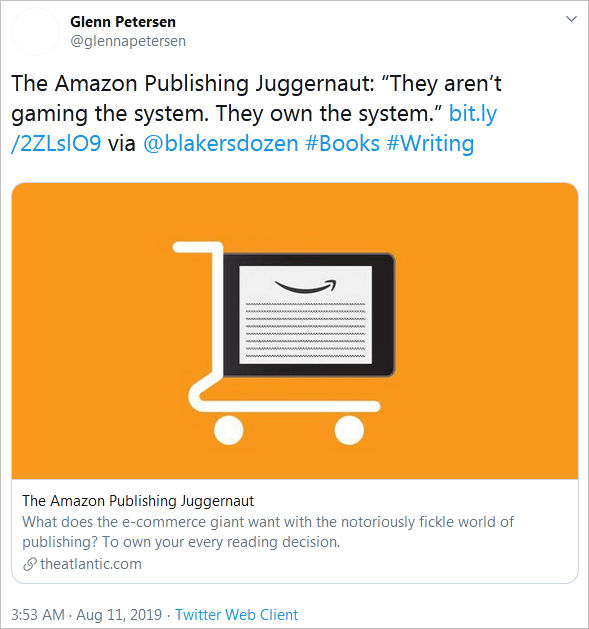Jeff Bezos Vs. Elon Musk: Amazon Could Be Tesla’s Black Swan

The rivalry between Elon Musk and Jeff Bezos is about to intensify - right on Musk's turf, no less. | Image: Frederic J. Brown / AFP
- Amazon’s order of 100,000 electric delivery vans is the largest ever in the EV market.
- In a recent tour of India, Jeff Bezos announced 10,000 e-rickshaws.
- Why has Amazon completely ignored the world’s best-known EV brand – Tesla?
Tesla’s (NASDAQ:TSLA) Elon Musk and Amazon’s (NASDAQ: AMZN) Jeff Bezos have always had a rivalry of sorts. In space, for instance, both men want to take the exploration of the final frontier mainstream.
The competition between the two has sometimes turned nasty. Last year, as Bezos was finalizing his divorce after an affair went public, Musk hit him below the belt by posting a Blue Moon spacecraft emblazoned with the name “Blue Balls”. Bezos’ space outfit is known as Blue Origin.

Musk had played the contempt card in an interview after being asked about Bezos:
Bezos has so far not publicly responded to Musk’s provocations. While electric vehicles and online retail are two vastly different fields, Amazon’s recent moves may give Bezos the last laugh.
Amazon goes big on EVs without Tesla
During his recent visit to India, Bezos reaffirmed Amazon’s commitment to electric vehicles by announcing the addition of 10,000 electric rickshaws to its delivery fleet in the South Asian country.
This was not an isolated development. Four months ago, Amazon ordered 100,000 electric delivery vans from Michigan-based EV startup Rivian. This was the largest order for electric vehicles ever. For comparison’s sake, it took Tesla 13 years to manufacture and ship that number of EVs.
At its fulfillment centers, Amazon’s forklifts use renewable energy technology supplied by Plug Power (NASDAQ:PLUG). Amazon remains an anchor customer for the startup to this day. Interestingly, the common denominator between Rivian and Plug Power is that Amazon is an investor in both.
Is Jeff Bezos about to eat Elon Musk’s Lunch?
The right question should perhaps be, should Tesla be worried about Amazon’s intentions? Going by Amazon’s past actions, the answer is yes.
Consider this: The online retail giant started as an online bookstore but is now a publisher. While it has not reached the stature of traditional book publishers, it’s well on its way. After annihilating brick-and-mortar bookstores, it’s now the turn of book publishers to feel the heat . While this analogy does not perfectly fit the case of Amazon and EVs, it demonstrates that no sector is safe from the company’s encroachment.

Last mile delivery
With the Climate Pledge announced in September, more of Amazon’s ground delivery fleet will be comprised of electric vehicles. As online commerce grows and Amazon takes up more of its last-mile delivery operations, the numbers could be staggering. Demand from other service providers will also grow.
What’s to stop Amazon from making further investments in Rivian and Plug Power to grow their scale and thus handle a larger number of customers? With Amazon already serving as an anchor client, Rivian could one day threaten Tesla’s market share.
Even if Amazon doesn’t plan on competing with Tesla, there are unexpected circumstances that could arise to complicate Tesla’s place in the market. Plug Power is, for instance, selling its technology to legacy auto makers such as BMW, Volkswagen, Daimler, Fiat Chrysler, General Motors and Honda. The alternative-energy vehicle market is not yet in the bag for Tesla.
Disclaimer: The opinions expressed in this article do not necessarily reflect the views of CCN.com.